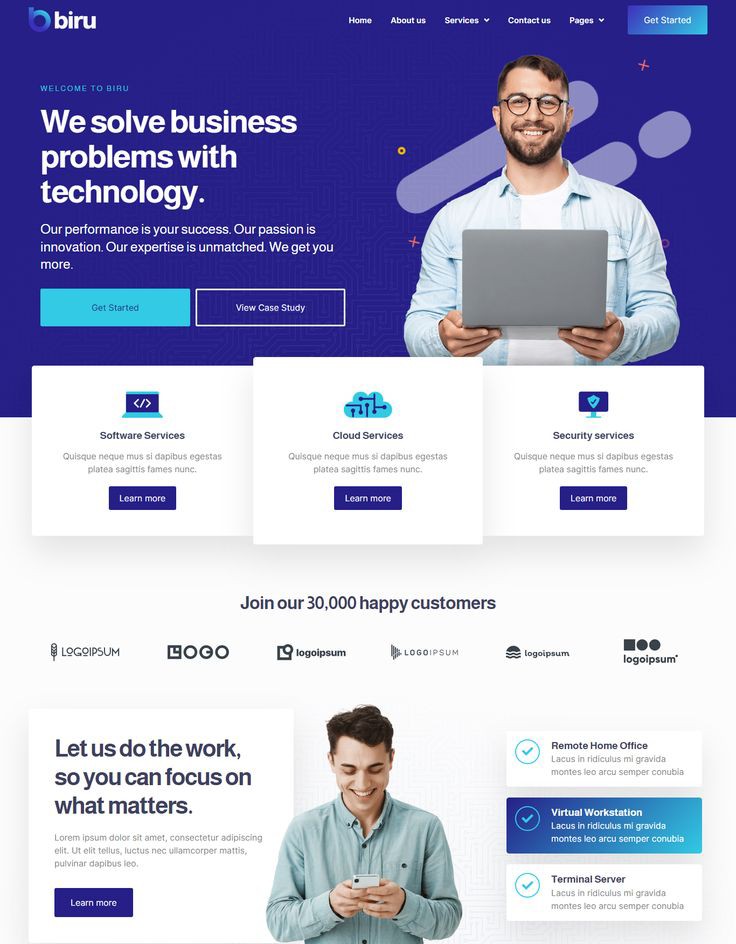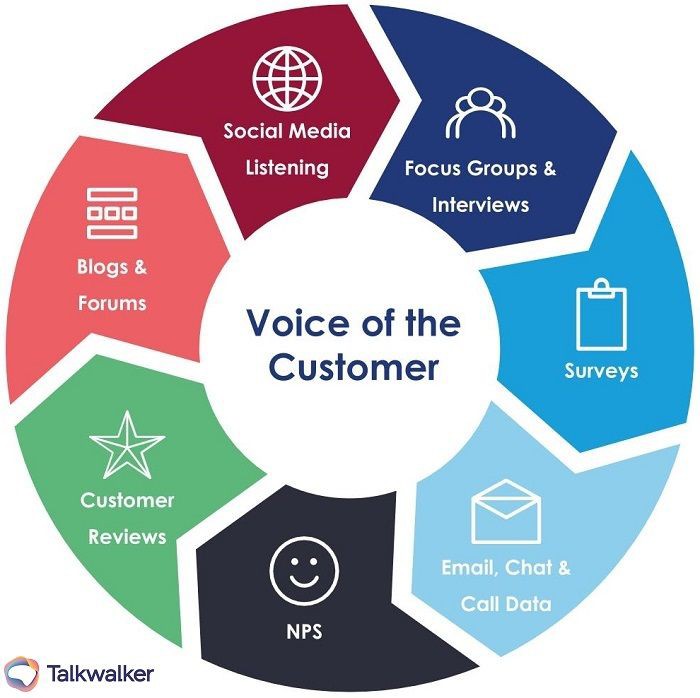Imagine a world where businesses no longer rely on physical storefronts, but instead thrive in an expansive digital universe—an infinite web of information, transactions, and interactions. In this dynamic landscape, the fate of every business, whether big or small, hinges on one critical factor: their online presence.
In the bustling virtual marketplace of 2026, Sarah, the owner of a small but promising startup, faced fierce competition from massive corporations and countless other newcomers. Despite her unique products and exceptional service, she encountered a significant hurdle—she didn’t have a website. In a reality where customers navigated the internet like explorers charting new galaxies, her business was virtually invisible.
Every day, potential customers sped past her tiny digital storefront, unaware of the remarkable products she offered. It wasn’t that her business lacked merit; it simply wasn’t on their radar. In a world where every purchasing decision begins online, Sarah’s absence left her lost in the vast void of the digital universe.
Then, Sarah did what every successful entrepreneur in the digital age must do—she built a website. Instantly, her business radiated like a beacon in the dark. Curious customers flocked to her site to explore. With her virtual storefront now alive, showcasing customer reviews, an engaging design, and comprehensive product information, Sarah’s business underwent a transformation. She wasn’t just competing; she was thriving.
The Digital Frontier: Why Every Business Needs a Website
You don’t need to wait for a sci-fi future to grasp the importance of an online presence. In today’s world, every business—be it a global corporation or a local shop—needs a website to survive and flourish. Lacking a website equates to a lack of visibility to countless potential customers.
Your website functions as your virtual storefront, business card, and sales team—all rolled into one. Let’s explore why having a website is essential for building trust, establishing credibility, and ultimately growing your business.
Building Trust from the Ground Up
When people first hear about your business, where do they turn for information? Google. Today’s consumers expect every business to maintain a professional online presence, and your website is the first place they will look. Without one, you miss out on potential sales and valuable connections.

First Impressions Matter
Your website often serves as the initial interaction customers have with your brand. A well-designed, intuitive site builds trust from the get-go. If your site appears professional and offers valuable information, visitors are more likely to engage, make a purchase, or seek your services.
A Website is Your 24/7 Salesperson
One of the most significant advantages of having a website is that it’s always there for you—even when you’re not. Unlike a physical store with defined hours, your website is open 24/7, ready to serve customers whenever they need it.
Providing Information Anytime, Anywhere
Whether it’s a customer searching for your business hours, location, or wanting to read reviews prior to making a purchase, your website provides all the necessary information. This availability could mean the difference between someone choosing your business or opting for a competitor that lacks such convenience.
Showcase Your Products and Services
Think of your website as a virtual showroom, where you can present your products or services in their best light. High-quality images, detailed descriptions, and easy navigation help potential customers understand what you offer and why they should choose you.
E-commerce: Selling Beyond Borders
If you sell products, an e-commerce website means your store is no longer confined by geography. You can reach customers far beyond your local area, allowing your business to expand without the limitations of a brick-and-mortar store.
Establishing Credibility in the Digital Age
Today’s consumers are more skeptical than ever. They seek assurance that they are spending their money on trustworthy businesses. A professional website establishes credibility instantly, giving customers confidence that you are a legitimate and reliable brand.
Displaying Customer Reviews and Testimonials
Incorporating customer reviews or testimonials on your site is an excellent way to build credibility. Prospective buyers trust the experiences of other customers, so showcasing positive feedback can significantly sway their purchasing decisions.
Your Website is Your Brand’s Voice
Your website is a powerful platform for conveying your brand’s personality, values, and mission. From color palettes and fonts to the tone of your content, your website should reflect your business identity.
Consistent Branding Across Platforms
In a world where customers engage with brands across multiple channels—social media, email, and ads—consistency is vital. Your website serves as the central hub of your online presence, ensuring cohesive and professional branding across all platforms.
Search Engines Love Websites
Having a website not only helps customers locate your business, but also aids search engines like Google in indexing and ranking your site. Without a website, you risk invisibility in search results, making it considerably harder for potential customers to find you.

SEO: The Key to Being Found Online
Search engine optimization (SEO) is the process of enhancing your website so it ranks higher in search engine results. This includes utilizing relevant keywords, ensuring fast loading times, and making your site mobile-friendly. A well-optimized website attracts organic traffic, leading to more potential customers.
Mobile Responsiveness is a Must
In today’s digital age, significant web traffic comes from mobile devices. If your website isn’t optimized for mobile, you’re missing out on a substantial opportunity. Customers expect a seamless experience regardless of the device they’re using.
Ensuring a Smooth User Experience
A mobile-responsive site not only enhances user experience but also bolsters your SEO ranking. Search engines prioritize mobile-friendly websites, which means you’ll rank higher if your site is optimized for smartphones and tablets.
Data Analytics: Learning from Your Audience
Having a website allows you to track valuable data. With tools like Google Analytics, you can see visitor numbers, which pages they frequent, how long they stay, and more. This information is invaluable for understanding your audience and optimizing your site for better performance.


Continuous Improvement
Your website is not a one-time endeavor; it’s a living entity that should evolve alongside your customers. By analyzing data from your site, you can continuously enhance it to meet the needs of your audience and improve your bottom line.
Competing in the Modern Marketplace
Without a website, you significantly disadvantage yourself compared to your competitors. Almost every business today boasts an online presence, and failing to establish one risks leaving you behind.
Stay Relevant and Competitive
A website not only helps you keep pace with competitors but provides an edge by showcasing your unique value proposition and enabling deeper connections with your customers.
Conclusion: Start Building Trust with a Website Today
In the futuristic world of 2099, Sarah’s business flourished only after she established her digital presence. The same holds true for businesses today. Without a website, you become invisible to countless potential customers. By investing in a professional website, you establish credibility and trust while unlocking new opportunities, broader reach, and sustainable success.
Whether you’re a small business owner or managing a larger enterprise, having a website is no longer a luxury—it’s a necessity. Start building trust today by creating a website that represents your business, showcases your products, and helps you stand out in the crowded digital marketplace.

FAQs
1. What if my business is small? Do I still need a website?
– Absolutely! Regardless of your business size, a website increases visibility, builds credibility, and helps you compete in your industry.
2. How much does it cost to create a website?
– Costs vary based on complexity and desired features. However, there are many affordable options for small businesses, such as DIY website builders or professional services.
3. Do I need technical skills to maintain a website?
– Not necessarily. Many website platforms are user-friendly and require minimal technical knowledge. You can also hire professionals for updates and maintenance if preferred.
4. What key features should a business website have?
– A business website should include clear navigation, a professional design, mobile responsiveness, contact information, an about page, product or service listings, and customer testimonials.
5. How can I ensure my website ranks well on Google?
– Focus on SEO strategies by utilizing relevant keywords, generating high-quality content, optimizing site speed, and ensuring mobile-friendliness to enhance your website’s ranking.








